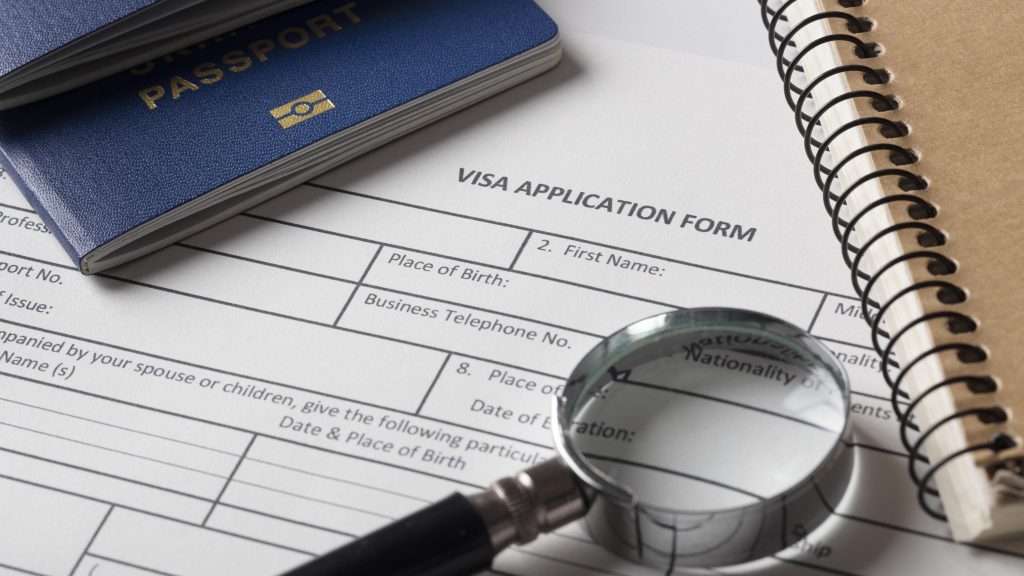17% flat tax rate for Highly-Skilled Professionals holding an LTR visa
HLB Tax Team
Tax benefits for long term resident (LTR) visa holders
Thailand’s new Long-Term Resident visa (LTR Visa) program commences from 1 September 2022 and provides a range of tax and non-tax benefits to enhance the country’s attractiveness as a regional hub for living and doing business for ‘high-potential’ foreigners, including highly-skilled professionals.
Thailand has long been a top destination for remote workers and long-term travellers globally. Strong local infrastructure, community access, and a wide variety of unique accommodation for longer stays continue to attract visitors around the world, as well as the kingdom’s warm hospitality and unique culture.
LTR visas will be offered to four categories of foreigners: Wealthy Global Citizens, Wealthy Pensioners, Work-from-Thailand Professionals, and Highly-Skilled Professionals.
There are many privileges provided to LTR visa holders, with the aim of making living in Thailand long term easier and less bureaucratic.
17% flat tax rate for Highly-Skilled Professionals
For Highly-Skilled Professionals, these privileges include a discounted personal income tax rate of 17%.
High-Skilled Professionals are experts in targeted industries working for business entities or higher education institutes, research centres or specialized training institutions in Thailand or Thai government agencies. Further details of the criteria to qualify for an LTR visa are explained in our article here.
The law for the special 17% tax rate is contained in Royal Decree No 743 issued under the Revenue Code.
An employer must normally withhold personal income tax from the income paid to the foreign employee, calculated at the marginal personal income tax rates that range from 5-35%.
A company or juristic partnership that employs a High-Skilled Professional may agree with the professional to withhold tax at a flat rate of 17%.
A High-Skilled Professional that has been subject to withholding tax at a flat rate of 17% is exempt from including the income in his personal income tax return for the payment of personal income tax, if they do not ask for a refund or credit for the tax paid.
In the case where the foreigner has received assessable income under section 40 (4) and (8) of the Revenue Code that has been subject to withholding tax and they have the right to choose to pay tax under Section 48 (3) and (4) of the Revenue Code i.e. to treat the tax withheld as a final tax and not include the income in their personal income tax return, then they will need to exclude such income from their tax return as well in order to exclude the income taxed at the 17% rate from their return.
The income under Section 40 (4) and (8) that is subject to withholding tax includes interest and dividends.
The foreigner will still need to file a tax return to report the income that has been taxed at the 17% tax rate.
Income tax exemption for other categories
An income tax exemption is also offered to the other three categories of foreigners eligible for a LTR Visa: Wealthy Global Citizens, Wealthy Pensioners and Work-from-Thailand Professionals.
The exemption applies to income of the previous tax year arising from a post or business carried on abroad or arising from assets located abroad , that has been brought into Thailand.
Rules and conditions
The tax concessions are subject to rules and conditions prescribed by the Revenue Department.
A foreigner categorised as a High-Skilled Professional, Wealthy Global Citizen, Wealthy Pensioner, or Work-from-Thailand Professional who is eligible for an income tax reduction or exemption under Royal Decree No 743 must meet the following qualifications:
(1) Receive a Long-Term Resident Visa under immigration law; and
(2) Meet the qualifications and follow the rules and conditions prescribed by the Office of the Board of Investment for Long-Term Resident Visa holders.
A foreigner eligible for the flat tax rate of 17% must comply with the following rules, procedures, and conditions:
(1) Be an employee under an employment contract with a company carrying on business in a targeted industry which has sent details of employees applying for the income tax reduction using the prescribed form;
(2) Receive assessable income under Section 40 (1) of the Revenue Code from performing duties under an employment contract with a company carrying on business in a targeted industry;
(3) File a personal income tax return (P.N.D. 95) for a tax year within the period of time prescribed by the law; and
(4) In the case that an employee in (1) does not comply with the rules, procedures, and conditions in any tax year, the employee will not be granted income tax exemption in that tax year.
In case you missed it.....
Thailand Long Term Resident (LTR) visa
Tax implications of remote working in Thailand
Thailand’s LTR visa process explained









